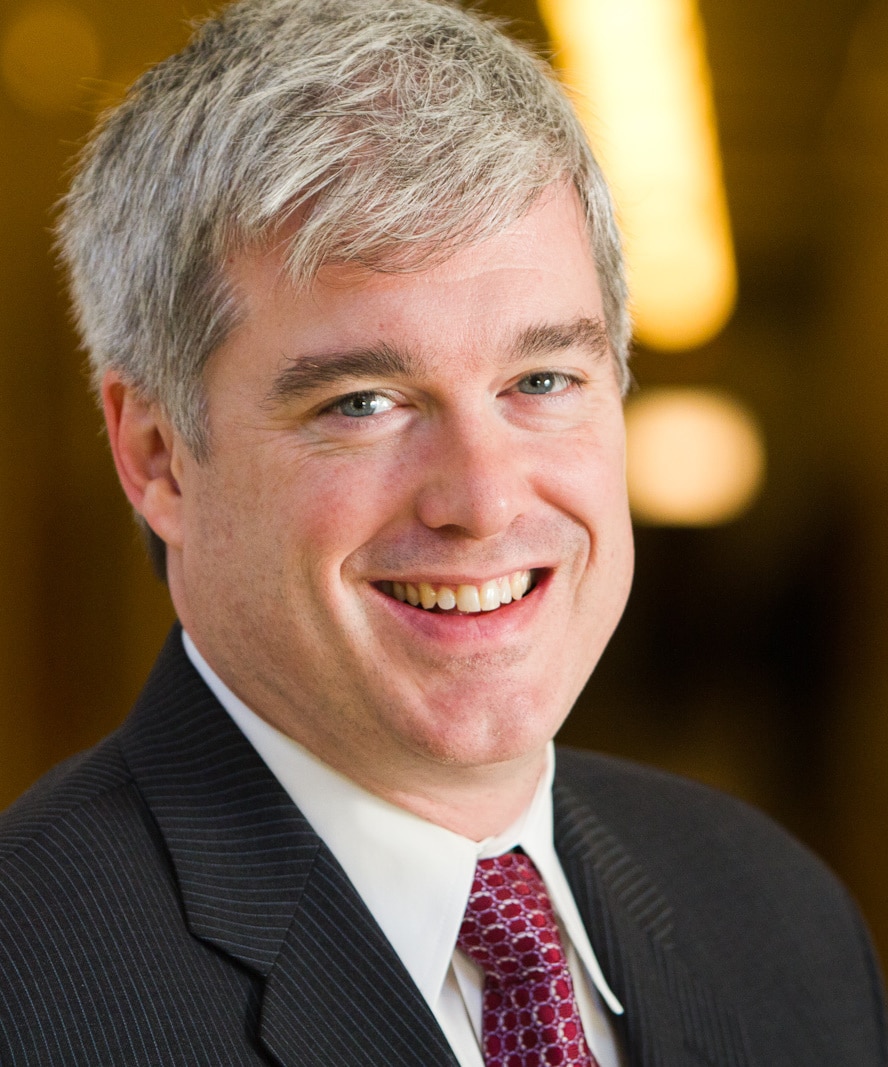
The week of May 26 was quite an eventful one for the social and behavioral sciences (SBS), both on the authorization and appropriations fronts. On Wednesday, May 28, the House Committee on Science, Space and Technology completed its markup of the “FIRST” Act, which reauthorizes the America COMPETES Act and funding for the National Science Foundation (NSF). The committee dispensed with nearly two dozen amendments — largely along party line votes. The committee rejected amendments that would have eliminated the bill’s specific authorization levels for each directorate at the NSF — amendments that were supported by the SBS community because this would have allowed the NSF — not Members of Congress — determine the appropriate funding levels for each individual directorate.
The committee also adopted the Rohrabacher amendment that reduced funding for the Social Behavioral and Economic (SBE) Sciences Directorate by $50 million. This reversed action taken several weeks ago by the House Science Subcommittee on Research to add $50 million to the SBE Directorate. As a result, under the FIRST Act, the SBE Directorate would be funded at only $150 million for each of fiscal years 2014 and 2015 — well below the current level of $256 million.
There are no indications of when the FIRST Act may be considered by the full House. The House calendar through the end of the summer is filled with necessary work on the fiscal year 2015 appropriations bills. Also, the Senate Committee on Commerce, Science and Transportation is soon expected to release its version of the America COMPETES reauthorization bill, which will look very different from the FIRST Act.
On the appropriations front, on Friday, May 30, at 1 a.m. the House approved the fiscal year 2015 Commerce, Justice, Science Appropriations Act, which includes the annual spending plan for the NSF. During consideration of the bill, the House very narrowly approved the Lamar Smith (R-TX) amendment, purported by the author to re-apportion the $15 million increase included in the President’s budget for SBE to other science directorates. In actuality, the amendment only decreased the overall research account for NSF — then added the $15 million back into the same account. Because the amendment had no real impact on SBE, the chairman of the subcommittee accepted the amendment. Even with his approval and the support of the House Majority Leader, the amendment barely passed, and roughly 10 Republicans had to switch their votes from “No” to “Yes” prior to the final count. There were also no “Flake” amendments offered that would have prohibited funding for political science research or other specific scientific disciplines within SBE.
The bill itself is largely non-controversial for SBE, and the entire science community supports the overall funding levels included in the bill (a modest increase for NSF). The Senate Appropriations is scheduled to mark up its version of the bill in subcommittee on June 3 and full committee on June 5.
